1. Prioritizing Experiences Over Things
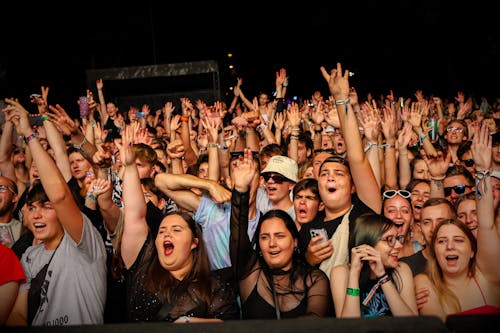
Millennials grew up during recessions and rising debt, so they became less interested in material possessions. Instead, they invested in travel, concerts, and unique moments—stuff you could post about. It was about collecting memories, not furniture. This approach bled into the mainstream, influencing how Americans think about happiness.
Today, you’ll see corporate perks like “experience stipends” and wellness retreats, all geared toward this mindset. Even weddings and birthdays lean more toward group trips and pop-up events than big-ticket gifts. Millennials didn’t kill the mall—they just rerouted the money. And now, everyone’s chasing the next unforgettable moment instead of the next flat-screen TV.
2. Using Venmo (or Cash App) for Everything
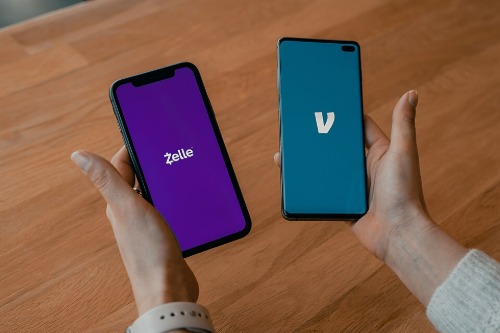
Millennials were the first to normalize peer-to-peer payment apps like Venmo, which were initially seen as a novelty. Now, it’s common to split everything from brunch to rent this way—even among older generations. The convenience and transparency of these apps made them irresistible in an increasingly cashless world. Today, even babysitters, landlords, and handymen expect payment through digital apps.
This shift reflects how Millennials reshaped financial etiquette around informal payments. Gen X and Boomers have followed suit, often sending money with emojis or detailed notes. Financial institutions even had to adapt, integrating Zelle into major banks to keep up. What started as a quirky way to pay a roommate is now how America moves its money.
3. Openly Talking About Mental Health

In previous generations, therapy and mental health struggles were taboo topics, whispered behind closed doors. Millennials flipped that script, sharing their anxiety, depression, and burnout on social media without shame. They made terms like “self-care” and “therapy session” part of everyday language. This openness created a cultural ripple effect.
Mental health awareness is now embedded in workplaces, schools, and even political conversations. Teletherapy exploded during the pandemic, thanks to infrastructure Millennials had already helped normalize. Gen Z picked up the torch, but Millennials laid the groundwork. Suddenly, being vulnerable became a strength instead of a secret.
4. Making Remote Work a Long-Term Expectation

Even before the pandemic, Millennials were pushing for more flexible work schedules. They wanted the freedom to work from coffee shops or home offices, challenging the 9-to-5 grind. When COVID hit, companies had no choice but to listen—and many never looked back. Now, hybrid and remote setups are the new normal across industries.
What was once seen as slacking is now a sign of trust and productivity. Offices are optional, and work-life balance has finally entered the chat. Millennials didn’t just want convenience; they demanded a lifestyle that worked for them. And now, it’s hard to imagine things going back.
5. Turning Side Hustles Into Identity

Millennials normalized the idea that your 9-to-5 doesn’t define you. Whether it was selling crafts on Etsy, freelancing on Fiverr, or running a fitness TikTok, the side hustle became a way to express individuality—and pay the bills. It wasn’t just about extra income; it was about diversifying purpose. This shift challenged how Americans view success.
Today, LinkedIn bios read like mini-resumes of multiple gigs. Even Boomers are launching second careers from their hobbies. The gig economy, now worth hundreds of billions, owes much of its growth to this Millennial spirit. Side hustling isn’t just a phase—it’s part of the American playbook now.
6. Choosing Sustainability Over Convenience

Millennials were the first generation to grow up hearing about climate change in school. As adults, they’ve prioritized reusable bags, secondhand shopping, and meat alternatives. They made it cool to compost and cringe at plastic straws. These eco-conscious habits trickled up and out.
Major brands now cater to sustainability-first shoppers, even if it’s just for PR. Target, McDonald’s, and Amazon have all adjusted to meet these greener expectations. Millennials didn’t invent saving the planet, but they made it a lifestyle. Now, eco-friendly choices are expected, not exceptional.
7. Delaying Major Life Milestones
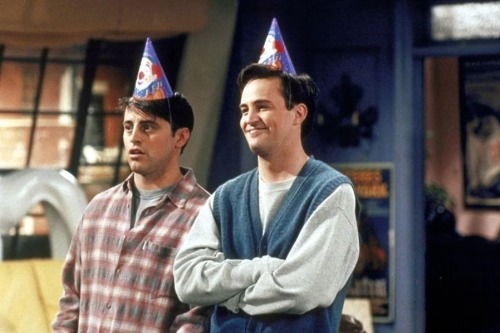
Marriage, kids, buying a home—Millennials have hit the pause button on all of it. High student debt, housing costs, and shifting priorities made the traditional timeline feel outdated. Instead, they’ve opted to cohabitate longer, have kids later, or not at all. This isn’t rebellion—it’s pragmatism.
Today, the median age for first marriage and first-time homebuying is the highest it’s ever been. Gen Z is on the same path, not because they’re copying Millennials, but because the world has changed. Millennials simply adapted early. Now, the “new normal” looks a lot like their Plan B.
8. Embracing Non-Traditional Education Paths
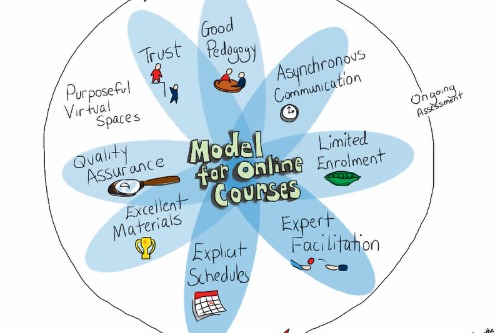
College tuition skyrocketed just as Millennials came of age, forcing many to reconsider its ROI. That’s why bootcamps, online certifications, and self-guided learning became legit alternatives. They turned YouTube tutorials and Coursera into actual career tools. This broke the monopoly of the four-year degree.
Now, companies like Google and IBM hire based on skills, not diplomas. Community colleges and online programs have seen surging interest. Millennials showed that education doesn’t have to mean debt and dorms. And the rest of America followed their lead.
9. Making “Adulting” a Shared Struggle
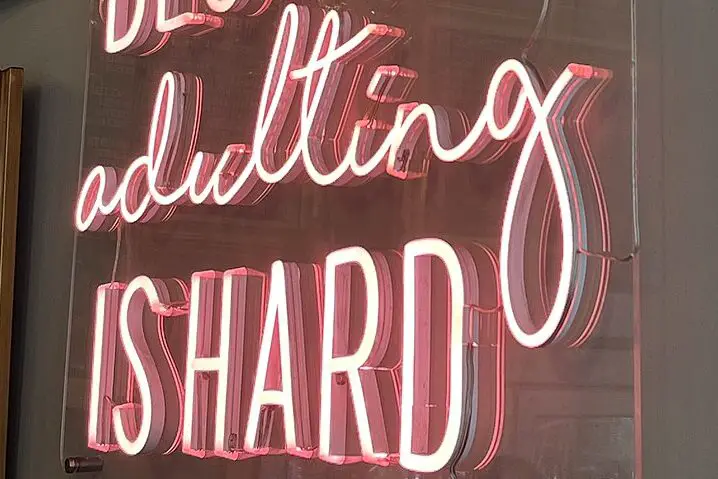
Millennials were the first to openly admit that adulthood felt confusing and hard. Instead of pretending to have it all together, they joked about struggling to fold fitted sheets or pay bills. The word “adulting” became a coping mechanism and a bonding tool. It was vulnerable and honest—and incredibly relatable.
This normalized the idea that growing up doesn’t come with a manual. Older generations began acknowledging that life skills were never really taught, just expected. Now, financial literacy, cooking, and emotional maturity are seen as lifelong processes. Millennials gave everyone permission to figure it out as they go.
10. Turning Social Media Into a Career
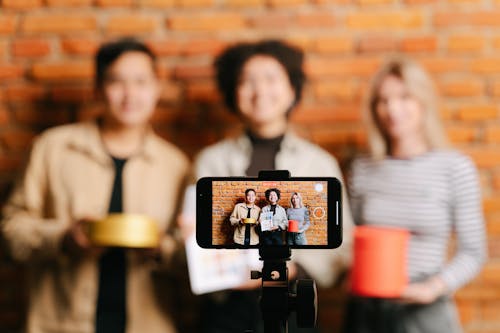
For Millennials, platforms like Instagram and YouTube were more than social—they were entrepreneurial. They learned to monetize followers through brand deals, affiliate links, and merch. The influencer economy emerged from their experiments in self-branding. What started as side projects turned into six-figure careers.
Now, even Boomers and Gen Xers are going viral, launching brands, and cashing in on content. Schools teach digital marketing as a serious career path. Millennials showed that clout could pay rent. Today, content creation is just another job title.
11. Normalizing Therapy-Speak in Daily Conversation
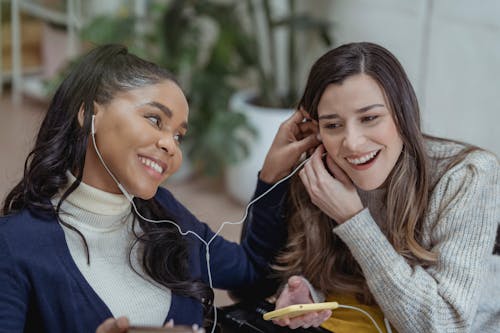
“Boundaries,” “toxic,” “gaslighting”—these weren’t mainstream words until Millennials started using them outside therapy offices. They brought clinical language into group chats and dating profiles. It wasn’t always used perfectly, but it made emotional literacy more accessible. Conversations started to sound like mini sessions with your therapist.
This changed how Americans talk about conflict and connection. Emotional vocabulary became part of how we navigate work, family, and love. Even HR departments now use terms like “emotional labor” and “burnout” without batting an eye. Millennials built a bridge between psychology and everyday life.
12. Blending Work and Leisure (For Better or Worse)

Millennials made working from anywhere—and at any time—seem like freedom. But it also blurred the boundaries between “on” and “off.” Laptops at the beach, Slack at midnight, and always checking email became normal. Hustle culture told them to monetize every moment.
Now, the lines between work and leisure are fuzzy for everyone. Gen Z is pushing back, but the shift already happened. Work isn’t just a place—it’s a mindset Millennials exported. And now, America is trying to unlearn what it eagerly adopted.
This post 12 Millennial Habits That Accidentally Became the New American Default was first published on American Charm.


